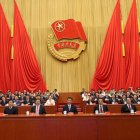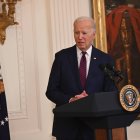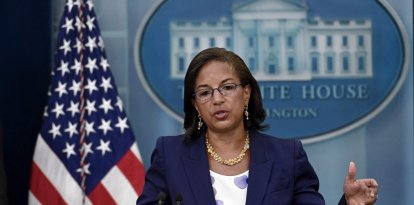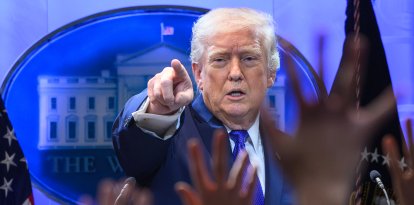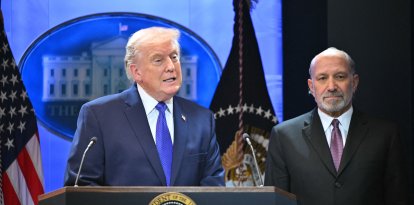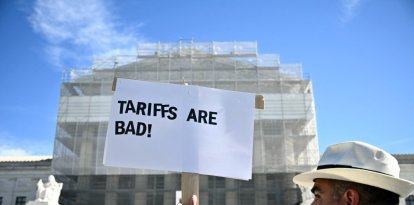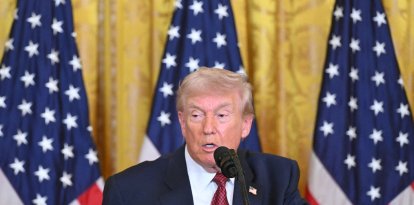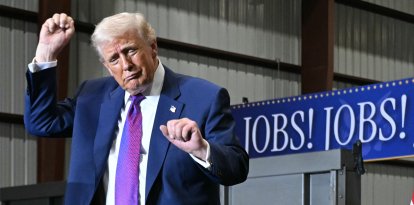Biden's Inflation Reduction Act is strengthening China's stranglehold on electric vehicles
Energy experts suggest that the legislation and credit easing measures announced by the White House in May are turning out to be a "giveaway" to China.
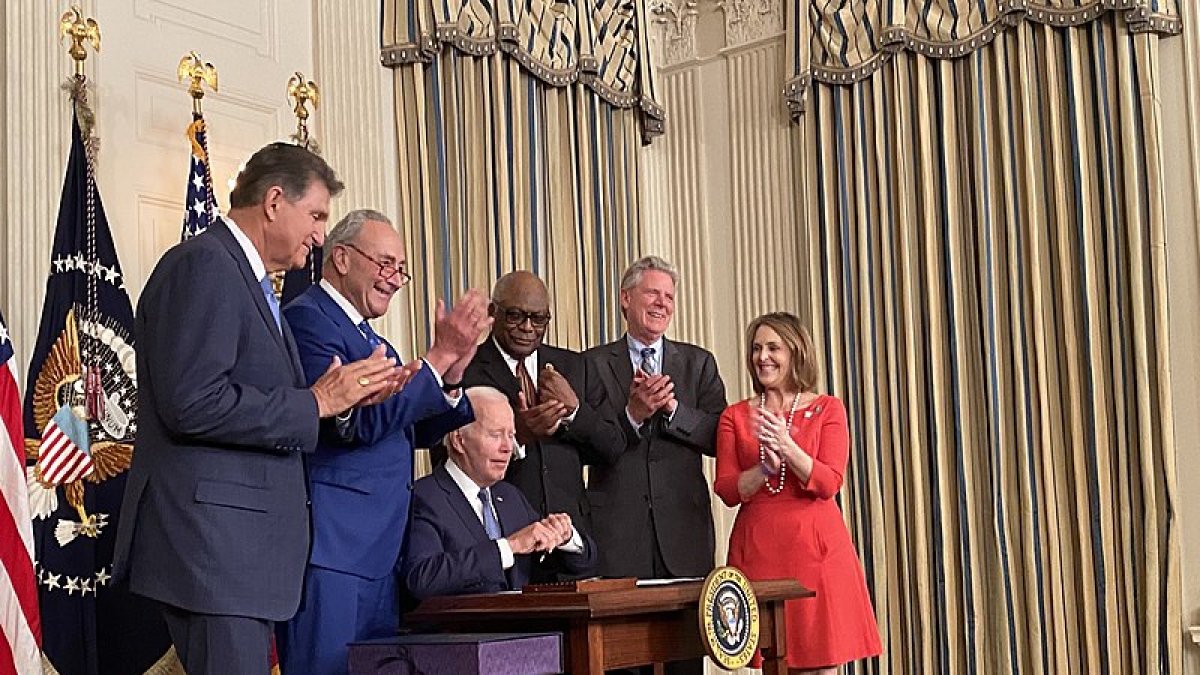
Inflation Reduction Act
In August 2022, just months before the midterm elections, Joe Biden signed the Inflation Reduction Act into law, which he claims is one of his administration's biggest successes. According to the White House, the legislation was "the most significant action Congress has taken on clean energy and climate change in the nation's history." Almost two years later, the law is serving China well.
In line with the "clean energy and climate change," goals of the Inflation Reduction Act, the United States has outsourced some operations, such as the production of electric vehicles, to its trading partners. Since then, at least five Chinese battery manufacturers have announced significant investments in Morocco, according to Fortune.
In addition to the outsourcing efforts, the new tariffs announced by the White House in May for Chinese vehicle imports aim to reduce China's market share in this sector.
"A giveaway to China"
In turn, the Biden Administration relaxed some rules governing tax credits for electric vehicles, making more electric vehicles eligible for credits of up to $7,500.
To qualify, manufacturers could not source critical minerals or battery parts from manufacturers where China and other "foreign entities of concern" control more than 25% of the company or its board of directors.
Sen. Joe Manchin (I-WV), chairman of the Senate Energy and Natural Resources Committee, said at the time that the new rules were the White House's way to endorse products "made in China."
Fortune reported that "Critics say the rules are a giveaway to China and will extend its EV dominance. The Biden administration says the rules pave the way for billions in investment in EV manufacturing in the United States."
The public policy research firm Rhodium Group claims the case is even more obvious. The rules "have led Chinese producers to increase investment in countries with whom the U.S. has free trade agreements, namely South Korea and Morocco, to get past some IRA barriers," they explained.
Does the Inflation Reduction Act live up to its name?
The Wharton School of the University of Pennsylvania conducted a report in 2022 assessing the law's impact on inflation. It concluded it would be "statistically indistinguishable from zero."
The report stated, "The Act would very slightly increase inflation until 2024 and decrease inflation thereafter. These point estimates are statistically indistinguishable from zero, thereby indicating low confidence that the legislation will have any impact on inflation."
"We project no impact on GDP by 2031 and an increase in GDP of 0.2 percent by 2050. These estimates include the impact of debt and carbon reduction as well as capital and labor supply distortions from rising tax rates," it added.
The Tax Foundation also followed suit, claiming that "by reducing long-term economic growth, the bill worsens inflation by restricting the economy's productive capacity."
"To the extent the revenue raisers are seen as long-lasting sources of revenue, the bill reduces inflation, but projected revenues are not certain and may be less than we are forecasting. By increasing spending, the bill worsens inflation, especially in the first four years, as revenue raisers take time to ramp up and the deficit increases. We find that budget deficits would increase from 2023 to 2026, potentially worsening inflation," it said.





